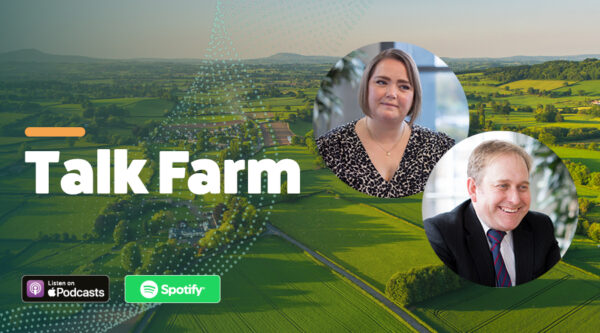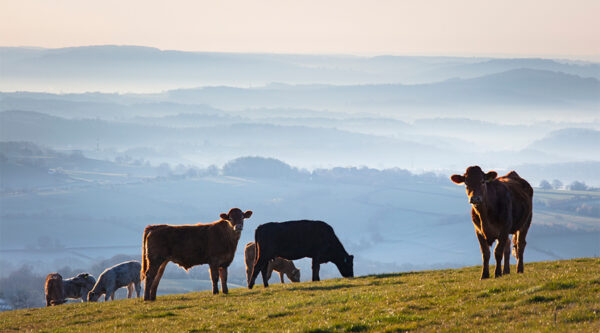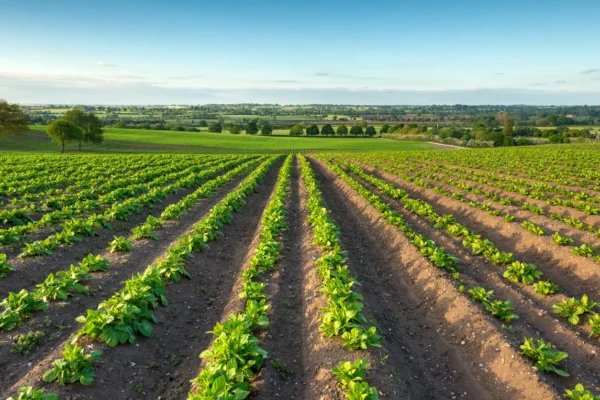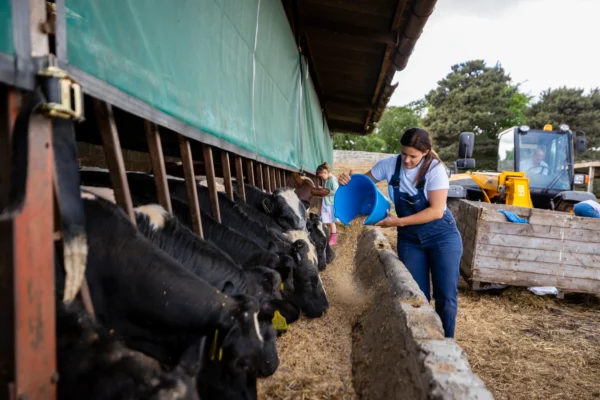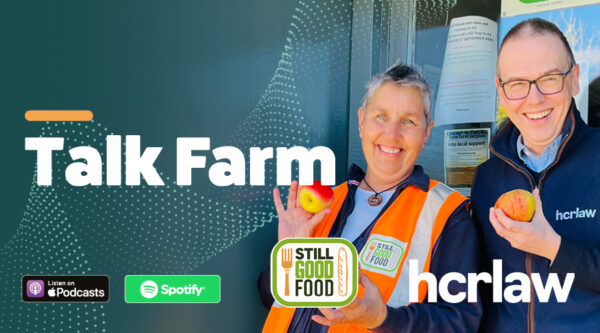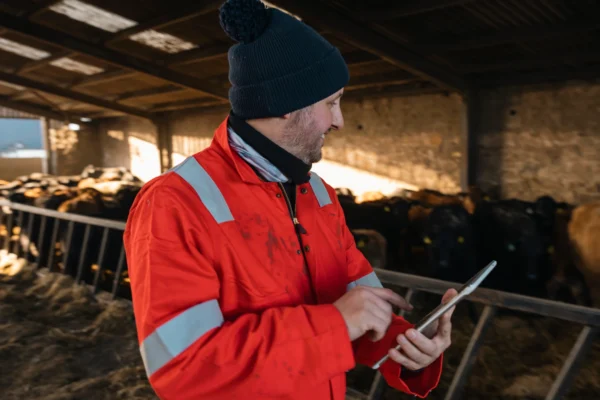
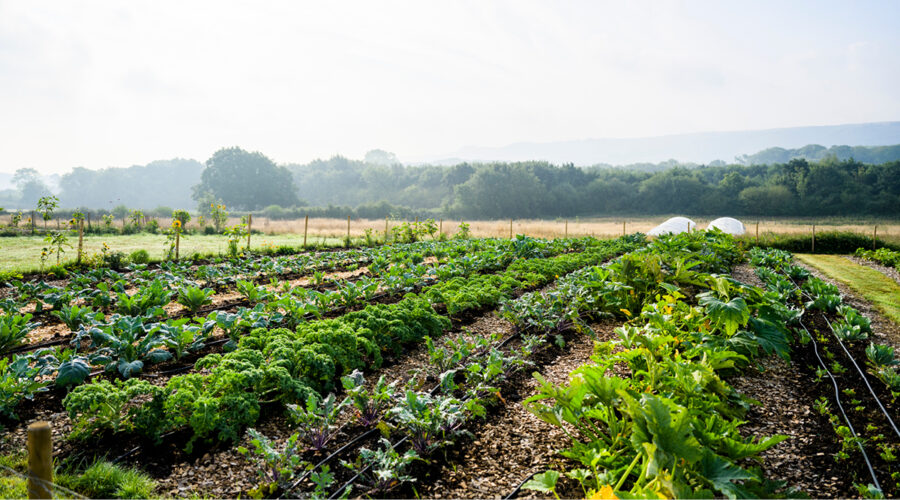
The Sustainable Farming Incentive (SFI) Scheme was launched with a pilot version in 2021, followed by a wider rollout in 2022.
SFI was designed to financially reward farmers in England for delivering environmental benefits on their land such as improving soil health, protecting watercourses, mitigating climate change and enhancing biodiversity. The scheme aimed to offer a more flexible, accessible and evidence- based model with a variety of options for farmers to adopt to their land.
In 2023, the scheme expanded to include a broader range of environmental actions to align more closely with the Countryside Stewardship. It also moved to a rolling application system to reduce administrative pressure and to provide farmers with greater autonomy in choosing when to apply. Many in the industry welcomed this direction with growing interest from smaller to mid- sized farms.
On the 11 March this year, a significant reversal to the Sustainable Farming Incentive (SFI) Scheme was announced, impacting farmers across England who were planning to enter or expand their agreements this year. The announcement came with no prior warning to farmers, causing concern across the agricultural sector, particularly as many farmers had already undertaken planning, budgeting and infrastructure changes in anticipation of joining or expanding their SFI agreements, many of whom were only part way through their application process.
Following criticism from farming bodies and practical difficulties in delivery, DEFRA has confirmed it will scale back several elements which the SFI scheme introduced in 2023. The previously broadened list of actions is being trimmed and integration with Countryside Stewardship will now be paused while the government reviews long- term policy direction.
Having abruptly closed the scheme, following pressure from industry bodies, including the National Farmers Union (NFU), those who began applications within the two months prior to the reversal, but had not submitted their applications, can now complete the process. Rolling applications will remain in place for now, but farmers can expect longer processing times and a more limited set of options. DEFRA has indicated that new applications may be capped, and priority could be given to those with existing commitments. Beyond those limited cases, the scheme now remains closed to new applicants.
This reversal creates financial uncertainty for farmers who had planned investments based on anticipated SFI income. It also raises questions for tenants and landowners who may have negotiated agreements or rent levels based on anticipated SFI income.
Whilst existing SFI agreements will be honoured, the sudden change in policy highlights the ongoing uncertainty in agricultural funding and the risk this poses to business planning. Farmers should also review any contractual arrangements linked to SFI delivery, especially where third parties are involved.
Alternative funding, such as the Countryside Stewardship or capital grants may offer a more stable route in the short term, but the sudden closure has once again left the sector facing uncertainty.

